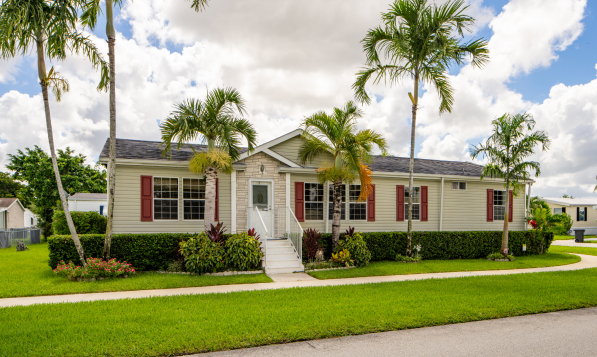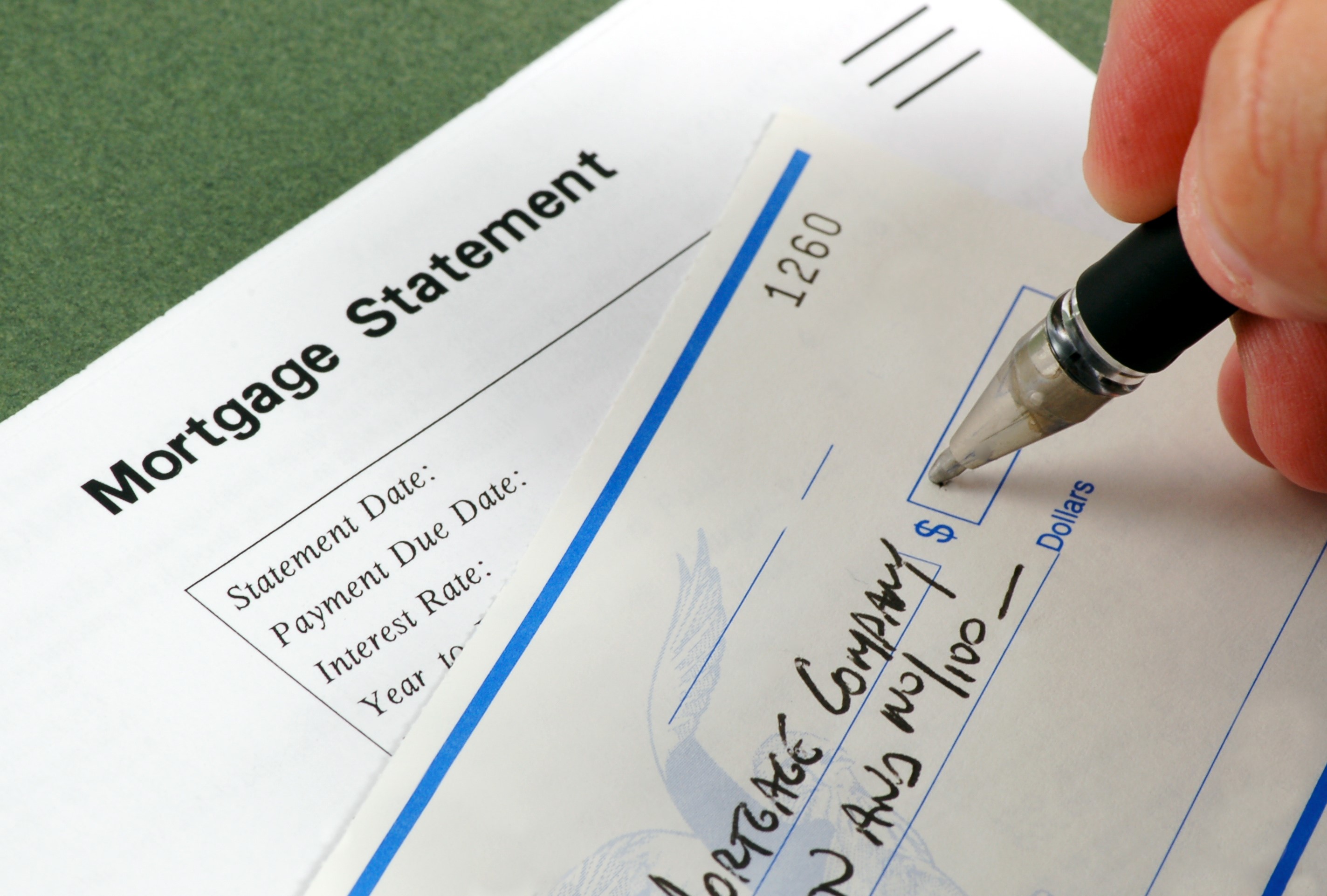Manufactured vs. Modular Homes
When it comes to residential construction, there is a wide range of housing options to suit different needs and preferences. Among these...

To help understand, we’ll go through the different loan programs we offer at CapCenter and touch on what we can allow.
The bare minimum credit score for an FHA loan is 500. This gets you a standard FHA loan with a 10% down payment. If you want an FHA loan for its 3.5% down payment option, however, you’ll have to have a credit score of at least 580.
That said, many lenders will have their own credit score requirements on top of basic FHA requirements. CapCenter, for instance, requires at least a 620-credit score across all products. This includes FHA loans.
The Department of Veterans Affairs (VA) does not publish a minimum credit score requirement. Instead, it’s up to the lender to review the entire application. So, when you apply for a VA loan, you apply for a loan depending on the specific lender’s minimum credit requirement. For CapCenter, the minimum for a VA loan is 620. Some lenders may have higher credit score requirements.
On the other hand, the VA only requires a borrower to have a “reasonable credit history.” Depending on the lender, borrowers with lower credit scores may still qualify. As long as a qualifying veteran meets other requirements, lenders may approve loans for those with lower credit scores.
The minimum credit score for a conventional loan may vary depending on the lender and specific loan product (i.e., jumbo or HomeReady). Generally, however, the minimum credit score required for a standard conforming conventional loan is 620. If you have a credit score lower than 620, you may still be able to qualify for a conventional loan with a higher down payment or by getting a co-signer with a good credit score. Talk to a Loan Consultant today about your options.
A higher credit score may sometimes help you get a better mortgage loan interest rate. A higher credit score helps an underwriter see you as a lower-risk borrower. This makes it easier for them to approve your loan and offer you better terms and interest rates. So, while a higher credit score does not guarantee better loan terms, it can help.
The interest rate you qualify for on a loan can have a significant impact on the overall cost of your loan. For example, a mortgage with an interest rate of 4% will cost you $175,875 less over the life of a $400,000 loan than a 6% interest rate on the same loan amount. Additionally, with a higher credit score, you may qualify for a larger loan amount and a lower required down payment.
Your overall closing costs may vary depending on the lender and the type of loan, with credit score being only a part of it. It’s always a good idea to shop around and compare offers from different lenders to find the best deal, regardless of your credit score.
Something else to consider when applying for a loan is how much of a down payment you have. If you have less than 20% to put down on a conventional loan, you will have to pay private mortgage insurance. Private mortgage insurance premium depends on a couple of different factors, including your credit score.
A low credit score can affect closing costs in a few ways:
PMI is an insurance policy that protects the lender in case of default on a loan. Private mortgage insurance (PMI) providers consider your credit score when deciding your premium. A lower credit score may result in a higher mortgage insurance premium, which can add hundreds of dollars per month to your overall mortgage payment.
However, if you have a higher credit score, you may qualify for a loan without having to pay for PMI. This doesn’t necessarily mean that PMI will not be owed. It just means that, even if you don’t have a full 20% down, you may be able to negotiate with a lender to cover some or all of the PMI requirements. Additionally, some providers may offer lower PMI rates to borrowers with higher credit scores.
Remember that the requirement and cost of mortgage insurance may also vary by the loan type and lender. It’s important to check the specific requirements of the lender and the loan program you are interested in.
Different loan programs have different credit score requirements. There may also be investor overlays that influence the required credit score for a mortgage. Generally, a 620 credit score is pretty safe to apply anywhere. At CapCenter, 620 is the lowest score we accept across all loan products.

When it comes to residential construction, there is a wide range of housing options to suit different needs and preferences. Among these...

As a first-time home buyer, there can be so many new concepts, options, and terms flying around, it can sometimes feel a bit overwhelming. And...

As a first-time home buyer, there can be so many new concepts, options, and terms flying around, it can sometimes feel a bit overwhelming. And...

Upon starting the application process for a mortgage loan, there are documents a lender will need from you in order to process your loan...

5 min read
Homeownership is a great way to build wealth and work toward financial security. The housing market itself is a large driver of the overall...

3 min read
If you are thinking about applying for a loan, it is advantageous to have at least some idea what your debt-to-income ratio (DTI) is before...